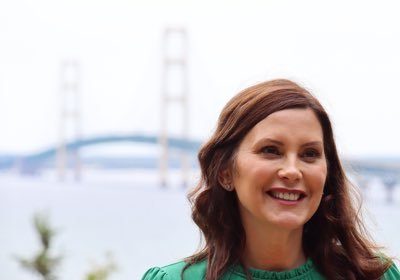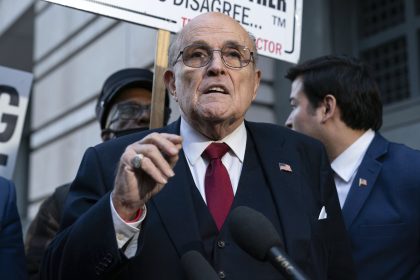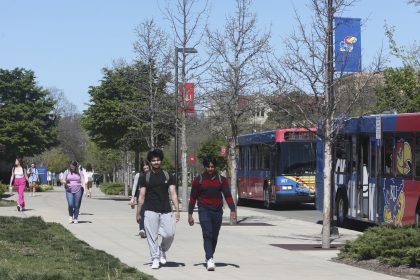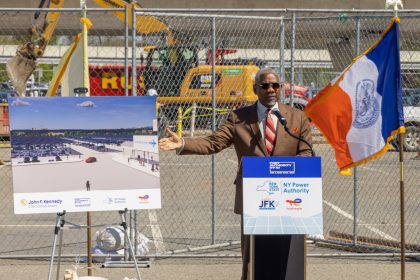Alabama Ruling on Frozen Embryos Has IVF Advocates Reeling
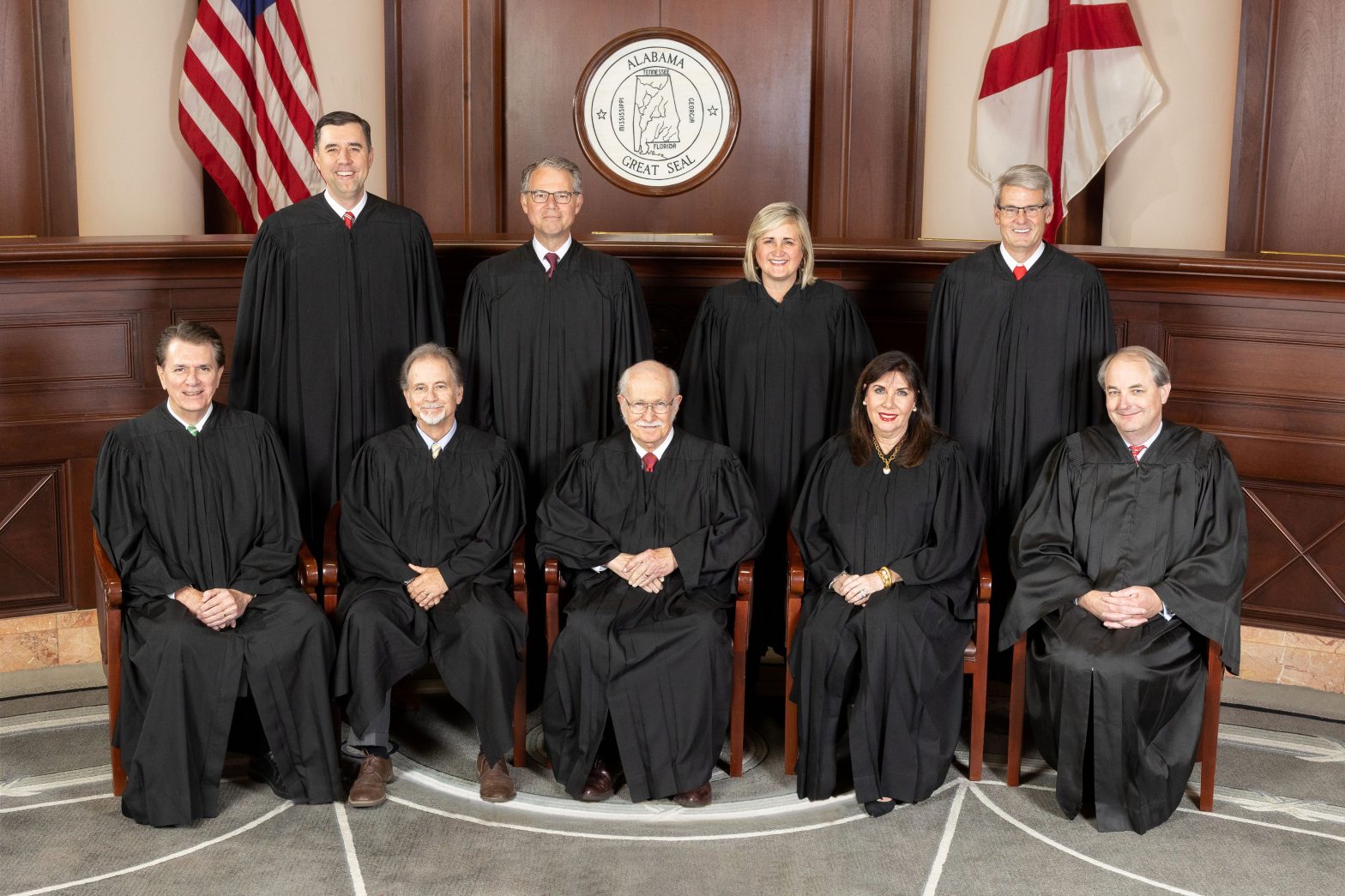
MONTGOMERY, Ala. — In an unprecedented move, the Alabama Supreme Court ruled Friday that frozen embryos stored in a fertility freezer clinic should be accorded the same legal protections as an existing child or a fetus gestating in its mother’s womb.
The ruling, praised by many in the anti-abortion community, has sent shock waves through the reproductive health community.
Advocates for in vitro fertilization fear the practice may now be off the table for many couples in the state, while others are concerned that similar rulings might now crop up in other states.
The underlying cases were brought by two couples whose frozen embryos were being stored in liquid nitrogen in a facility in Mobile, Alabama, when they were accidentally destroyed by a patient who took them out of storage and dropped them on the floor.
While the court acknowledged the ruling could have a profound effect on in vitro fertilization in Alabama, and potentially sweeping effects elsewhere, the justices said both an 1872 statute and a need to abide by their faith led to the decision.
The 1872 law allows parents to file wrongful death claims on behalf of themselves and their minor children.
The court held this decision also applies to “unborn” and “extrauterine” children.
“Even before birth, all human beings have the image of God, and their lives cannot be destroyed without effacing his glory,” Chief Justice Tom Parker wrote in an opinion attached to the ruling. “The theologically based view of the sanctity of life adopted by the people of Alabama encompasses the following: (1) God made every person in His image; (2) each person therefore has a value that far exceeds the ability of human beings to calculate; and (3) human life cannot be wrongfully destroyed without incurring the wrath of a holy God, who views the destruction of His image as an affront to Himself.”
Speaking to reporters aboard Air Force One as President Joe Biden traveled to California, White House spokeswoman Karine Jean-Pierre said the ruling “is exactly the type of chaos that we expected when the U.S. Supreme Court overturned Roe v. Wade two years ago.
That ruling, she said, “paved the way for politicians to dictate some of the most personal decisions families can make.”
“All across the country, women are being forced to grapple with the devastating consequences of action by Republican elected officials, from undermining access to reproductive care and emergency care to threatening access to contraception,” she continued.
Jean-Pierre went on to note that Alabama is the same state in which Attorney General Steve Marshall threatened to prosecute people who helped women travel out of state to seek the care they need.
“The president and this vice president will continue to fight to protect access to reproductive health care and call on Congress to restore the protections of Roe v. Wade in federal law for all women in every state,” she said.
A number of infertility specialists and legal experts also sounded off on the ruling.
Dr. Paula Amato, president of the American Society for Reproductive Medicine, blasted the decision, saying it “flies in the face of medical reality and the needs of citizens of Alabama.”
“The eight members of the court who approved this decision may view these things, [an existent child or a fetus gestating in a womb,] as the same, but science and everyday common sense tell us they are not,” she said.
“If the policy outcomes mandated under this decision stand, the consequences will be profound,” Amato predicted. “Modern fertility care will be unavailable to the people of Alabama, needlessly blocking them from building the families they want. Young physicians will choose not to come to the state for training or to begin their practice. Existing clinics will be forced to choose between providing sub-optimal patient care or shutting their doors.
“The choice to build a family is a fundamental right for all Americans, regardless of where they live. We cannot, therefore, allow this dangerous precedent of judicial overreach with national implications to go unchecked,” she said.
Dr. Marina Gvakharia, president of the Society of Reproductive Biologists and Technologists, said the Alabama ruling has already “sparked controversy and concern” among a wide range of stakeholders, including families in need of fertility care, doctors, embryologists and scientists.
“This decision, while rooted in legal interpretation, stands in stark contrast to scientific understanding and the experiences of individuals navigating fertility treatments,” Gvakharia said.
“Scientists and reproductive experts around the globe have long emphasized the critical distinction between fertilized oocytes and fully developed individuals,” she continued. “Frozen embryos, created through in vitro fertilization procedures, are a crucial aspect of fertility treatments, offering hope to individuals and couples struggling with infertility.
“From a scientific perspective, embryos represent a stage in the continuum of human development, but they do not possess the attributes of personhood. Recognizing this crucial distinction is paramount to ensuring that legal decisions align with scientific understanding and respect individuals’ reproductive rights,” she added.
Resolve: The National Infertility Association, a 501(c)3 patient advocacy group, also released a statement in which it described the Alabama ruling as “a terrifying development for the one in six people impacted by infertility who need in vitro fertilization to build their families.”
“Resolve mourns with the couples who lost their embryos as we know how many challenges people with infertility face when trying to build their family. Unfortunately, this anti-family ruling will likely have devastating consequences, including impacting the standard of care provided by the state’s five fertility clinics,” the organization said.
“One thing is certain: this ruling has profound implications far beyond Alabama’s borders. Every American who wants or needs access to family building options like IVF should be deeply concerned about this development and the precedent it will set across the country,” it added.
In nature, several eggs are often fertilized before one develops and implants in the uterus.
In vitro fertilization works much the same way. To get the best outcome, several eggs must be fertilized to allow for one to exhibit the kind of normal growth necessary for it to be transferred into the uterus.
Any remaining normally developing embryos can be, at the patient’s request and consent, frozen for later use — both as insurance in case the first one does not develop into a live birth, or if the patient wants to have another child later.
The great fear among treatment providers and their advocates is that the Alabama ruling will lead to a wide-ranging chilling effect among health care providers who’ll be afraid to provide care that could expose them to criminal or civil charges.
Of course, there are those who agree with the Alabama Supreme Court.
Among those applauding the ruling was Lila Rose, president and founder of Live Action, a national anti-abortion rights organization.
According to Rose, the court simply affirmed “the … reality that a new human life begins at the moment of fertilization.”
“Each person, from the tiniest embryo to an elder nearing the end of his life, has incalculable value that deserves and is guaranteed legal protection,” Rose said. “This ruling, which involved a wrongful-death claim brought by parents against a fertility clinic that negligently caused the death of their children, rightly acknowledged the humanity of unborn children created through in vitro fertilization and is an important step towards applying equal protection for all.”
Dan can be reached at [email protected] and @DanMcCue



















